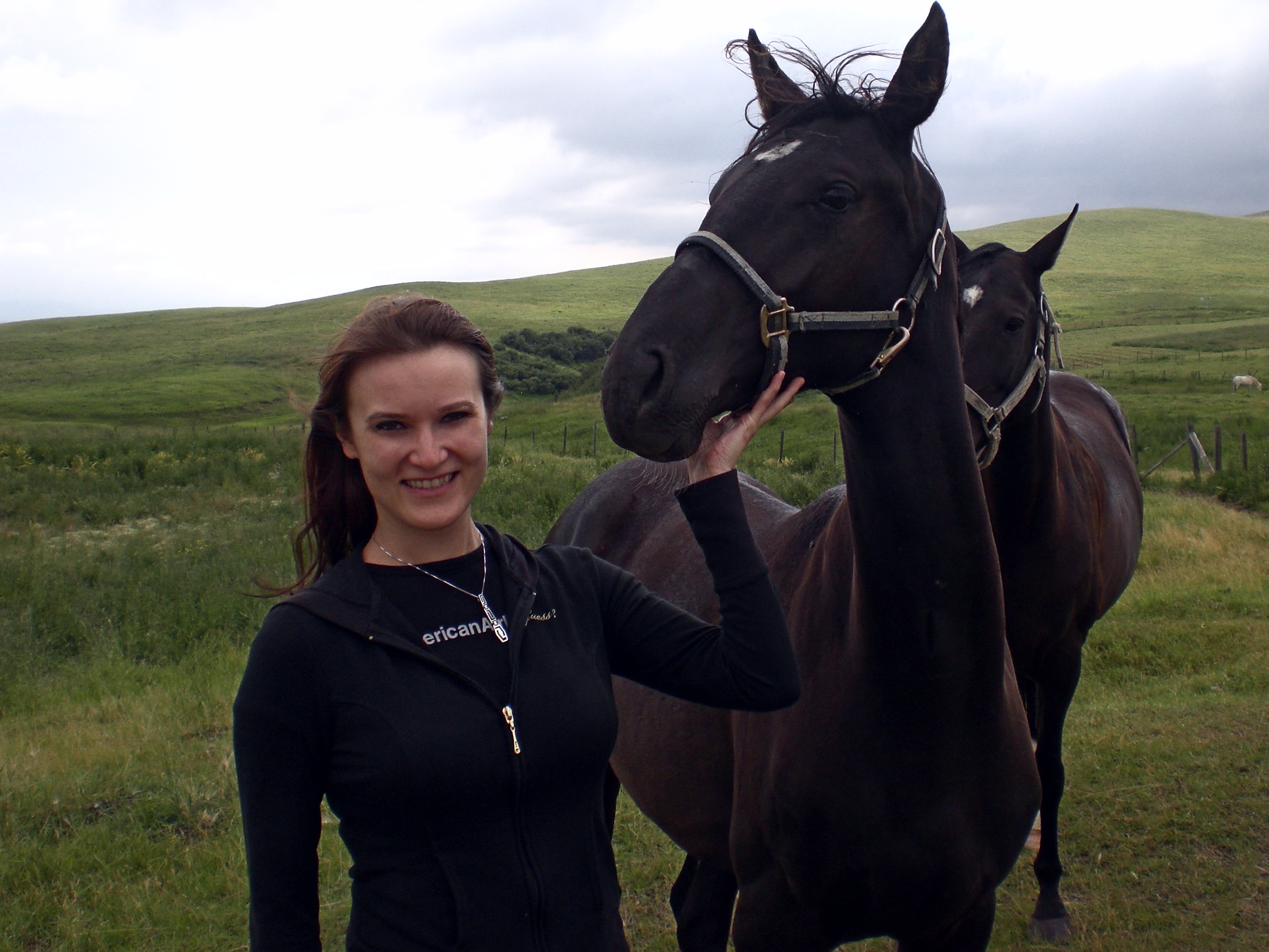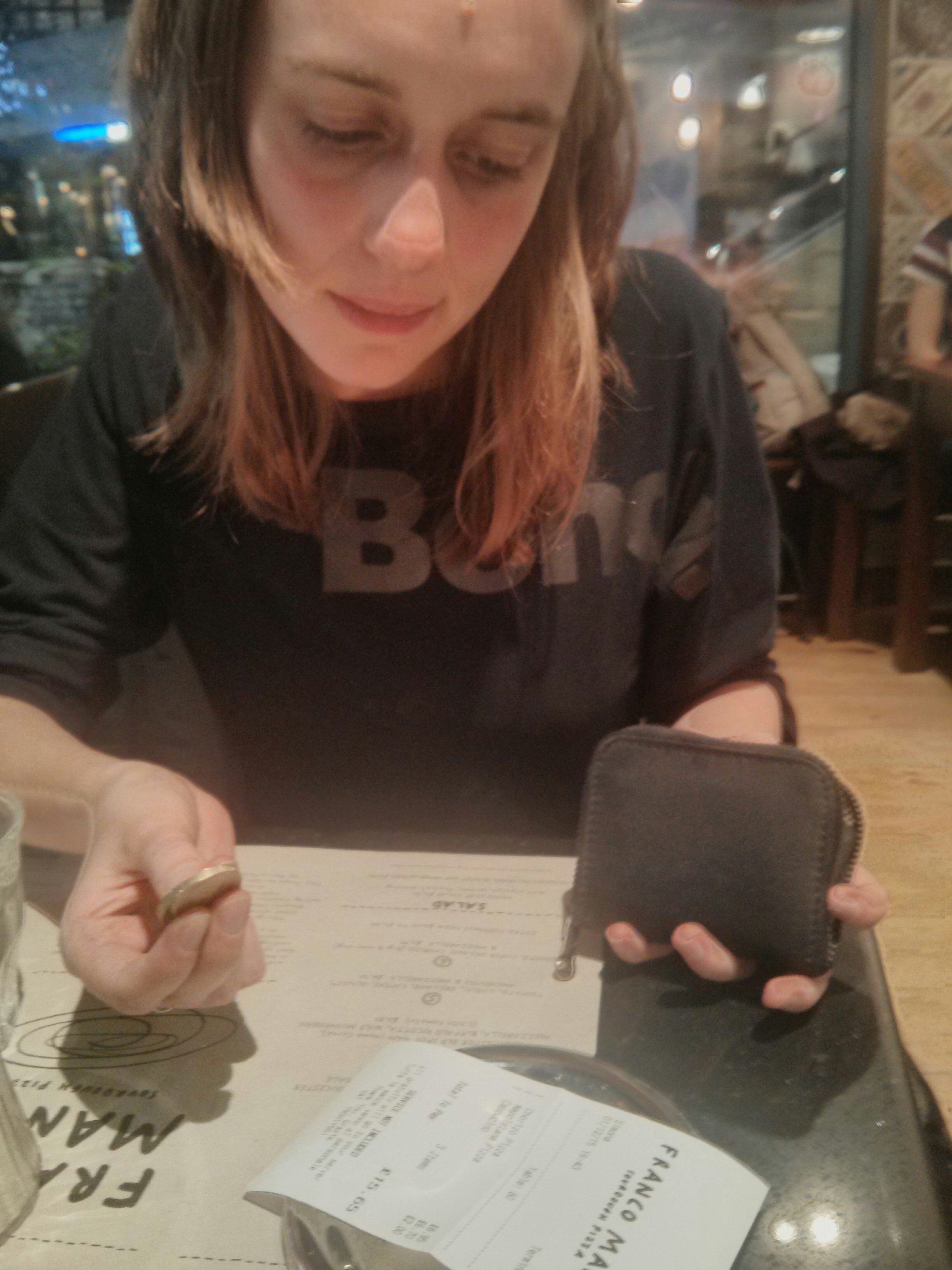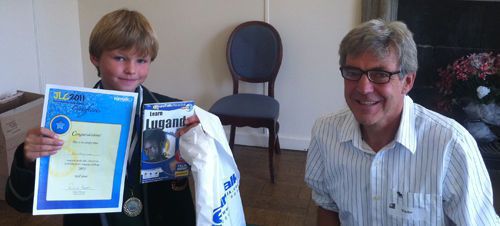To tip or not to tip?
A social dilemma you’re bound to fall into at some point is whether or not to tip – and how much! Tip too little and you risk the waiter chasing you down the street shouting abuse; tip too much and you might gravely offend the staff. Tipping customs vary all over the world, between different countries and regions (not to mention situations), so do your research before you travel!
How much should you tip?
In the USA, tipping is mandatory and fairly high, with 15-20% being expected. Service wages are fairly low, meaning people factor tips into their pay, and waiters will ask you where their tip is if you haven’t left one.
In the UK, tipping is more relaxed and is never really expected in a pub or cafe, or anywhere with self-service. In restaurants, 10% is usually expected, but if you feel the service was poor then you can express this by not leaving a tip.
Move into Romania, however, where 10% is also recommended (more if you’re really happy with the service), and not leaving a tip would be considered very rude: do not try to return to a restaurant where you didn’t leave a tip.
Drinking tips
In lots of countries in Europe, the traditional attitude towards tipping can be seen in the language: German ‘Trinkgeld’, Swedish ‘dricks’ and Danish ‘drikkepenge’ all mean ‘money for drinking’, as does the Slovak ‘prepitné’, French ‘pourboire’, Slovenian ‘napitnina’, Serbian ‘напојница’ and Croatian ‘napojnica’. The idea behind this is that you just round the bill up or leave a few coins, as a contribution towards a drink for the waiter.
Further East, the direct translation is even more specific: in Russia, you leave money ‘for tea’ (‘чаевые’). The same is true of Kazakh‘s ‘шайлық’ (шай- shai- tea’), Uzbek‘s ‘чойчақа’ and Tajiki‘s ‘чойпулӣ’).
Beware, however, that tipping practices have changed significantly and just a few coins often won’t cut it any more in these countries: be prepared for at least a 10% tip, as a broad guideline.
When not to tip
So far, the problem has only been how much to tip, and if you’ve accidentally tipped too much in America or Europe, it won’t cause any massive problems. But in some areas the attitude towards tipping changes drastically.
In Malaysia, Singapore and Japan tipping is not practised at all and could be considered odd or even offensive.
In Georgia, it can be seen as an affront to the notion of hospitality. Beware as well that a tip can easily be misconstrued as a bribe, which you definitely don’t want to get in trouble for, so make sure you look up before travelling whether tipping is normal practice in the country you’re visiting!
Have you ever been caught out by tipping etiquette?
Nat
Sorry Mickey! Dedicated Ben chooses JLC over Disneyworld
Nine year old Ben Fawcett will be cutting short his family holiday in Disneyworld to take part in this month’s Junior Language Challenge final.
Ben, who is the first pupil from Oakwood School near Chichester to get through to the final, had been due to be in Florida when the final of EuroTalk’s JLC takes place on October 21st.
His mum, Anna, says: “The timing couldn’t have been worse for us. We’re taking the children to Disneyworld for two weeks but Ben and I are only going for one week because the final is in the middle of our planned holiday.
“He’s disappointed but we gave him the choice and he said, ‘No Mummy, I’ve come this far – I want to do it,’ and I’m happy to fly back with him. But the timing couldn’t have been worse. We arrive back the day before the competition so he’ll probably be jet-lagged…”
Holiday plans apart, entering the competition has been a good thing for the Fawcetts.
Anna adds: “Children from Oakwood have made it through to the semi-finals before but not to the finals so Ben’s as proud as a peacock! It’s been really good for his confidence not just with languages but generally. He’s thoroughly enjoyed the competition and I’ve hardly had to remind him to look at the games.”
Having picked up some of the basics of Portuguese and Kazakh in the first two rounds of the competition, Ben is now one of around 40 finalists trying to get to grips with the last JLC language, Luganda.
Anna adds: “I’m obviously extremely proud of him but it’s completely nerve-wracking as well!”
We’re looking forward to seeing Ben and Anna at the final, which will be held at the Language Show next Friday.
Ben’s even made the local paper!
Are there any other semi-finalists out there who’d like to share their JLC story?



